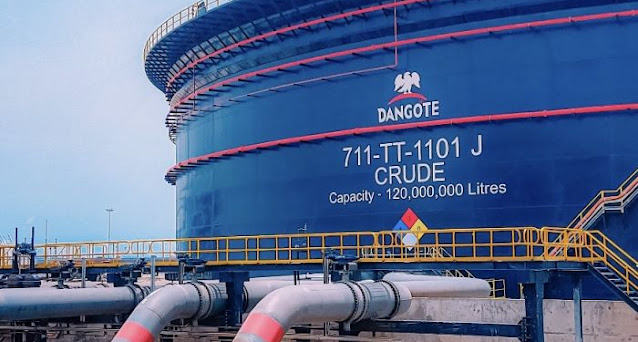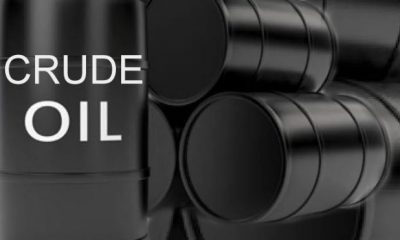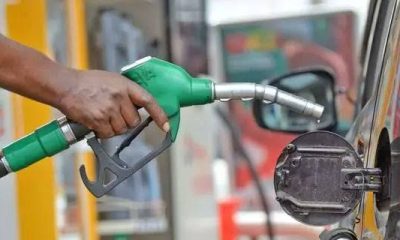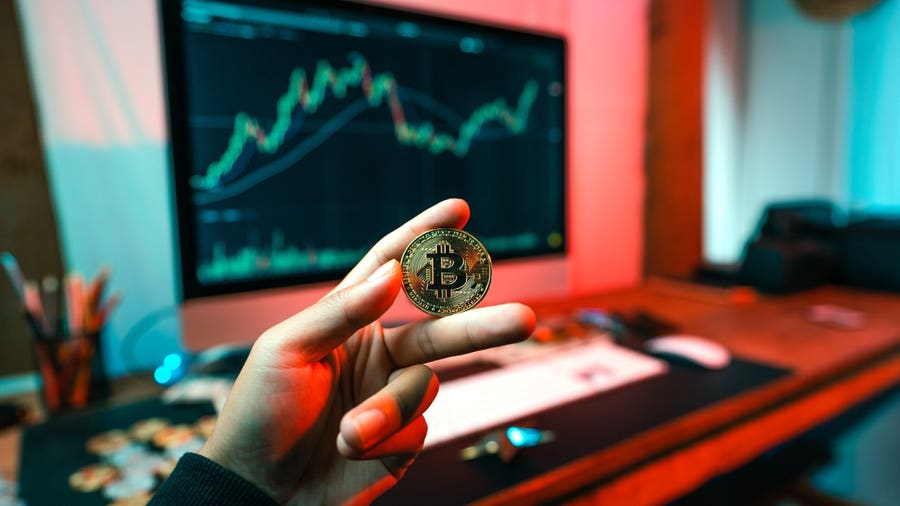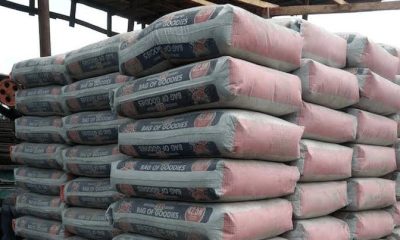News
Dangote Powers Up Fuel Storage Capacity
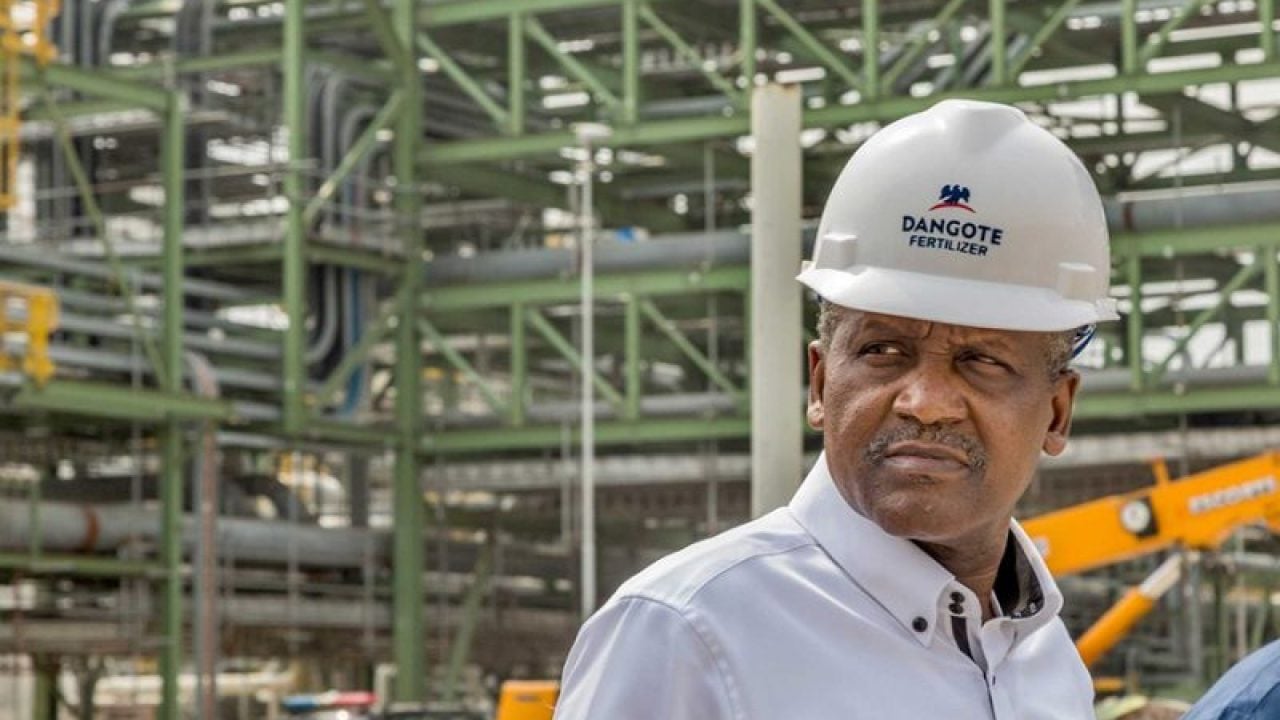
Eko Hot Blog reports that Alhaji Aliko Dangote, President of the Dangote Group, has announced plans to expand his refinery’s storage capacity by 600 million liters, bringing the total to 5.3 billion liters.
The Dangote Petrochemical Refinery currently holds 4.78 billion liters for refined petroleum products.
Speaking at the Afreximbank Annual Meetings and AfriCaribbean Trade & Investment Forum in Nassau, The Bahamas, Dangote accused international oil companies of obstructing his project by refusing to sell crude oil to his refinery, fearing its success.
“Well, I knew that there would be a fight. But I didn’t know that the mafia in oil, they are stronger than the mafia in drugs. I can tell you that. Yes, it’s a fact,” he said.
When asked if his refinery would lower the petrol pump price, currently around N700 per liter, Dangote didn’t confirm but shared how diesel prices dropped significantly when his product entered the market.
“The issue of gasoline is certainly a different issue. That one is being dealt with by the government. But let me give you an example. In the diesel, which the industries, transporters and everybody consume; when we first started, it was N1,700, and the dollar conversion was about N1,200 then. Immediately when we started, within two weeks we brought down the price to N1,000.
“We took it from N1,700 to N1,200 and from N1,200 to N1,700, we have given more than 60 per cent drop in price. With the currency now back up to about N1,500 per dollar, the price is still below N1,200. That’s a big improvement, from N1,700 to N1,200. And the diesel is available, we are not living from hand to mouth anymore,” Dangote replied.
He noted the refinery would serve as a strategic reserve for Nigeria’s petroleum products, enhancing the country’s energy security.
EDITOR’S PICK:
- New Minimum Wage Will Be Based On Nigeria’s Financial Capacity – Tinubu
- Edo: Obaseki Expresses Regret As He Leaves PDP
- Nigerian Lawmakers’ Monthly Salary Finally Revealed (Video)
“The country doesn’t have strategic reserves in terms of petrol, which is very dangerous. But in our plant now, when you came, we had only 4.78 billion litres of various tankage capacity. But right now we’re adding another 600 million. So effectively, as we go forward, the refinery will be the strategic reserve of the country in terms of petroleum products,” he noted.
Dangote explained that international oil companies blocked his access to crude, doubting the feasibility of his 650,000 barrels per day capacity refinery.
“In a system where, for 35 years, people are used to counting good money, and all of a sudden, they see that the days of counting that money have come to an end, you don’t expect them to pray for you. Of course, you expect them to fight back. And I think that is the process that we’re now really going through. But the truth is that, yes, the country, the sub-region, and also the continent, of sub-Saharan Africa, need this refinery. So, you expect them to fight through non-supply of crude, non-purchase of the product, but I think it’s all temporary. We’ll get there,” he added.
To operate his refinery, Dangote has been importing crude oil from the United States. He criticized the longstanding issue of Nigeria importing low-quality, high-sulfur fuel, which he linked to rising cancer rates in the country.
“It is high sulfur, very polluting and also when you look at it, especially in Nigeria, in the past few years, we’ve been having cases of cancer, and most of these cases of cancer have to do with the bad fuel that we’ve been using. So, I will advise even here, you should check the quality of what is being dumped in your region in The Caribbean.”
When asked about regulations to control the quality of imported fuel, Dangote stated, “Now there is regulation, so it is upon the regulators to enforce the regulation.”
Despite Nigeria’s vast crude oil reserves, the country heavily relies on imported refined fuel. However, Dangote recently assured that his refinery’s commencement would end Nigeria’s fuel importation.
He also revealed plans to supply cheaper fuel to the Caribbean, where petroleum product prices are high, by establishing a terminal to facilitate access to affordable energy.
“I don’t know the exact price but I know that the price in the Caribbean in terms of petroleum products is very high. So, we produce it cheaply, we can always bring it here, we can set up a terminal and we will be able to feed their needs. We have a bilateral agreement with them and bringing in stuff from there is not more than 18, 20 days maximum. Once we set up a terminal, they will have very cheap oil. They will have cheap energy. By having cheap energy, their economies will grow faster,” he maintained.
Click below to watch our video of the week:
Advertise or Publish a Story on EkoHot Blog:
Kindly contact us at ekohotblog@gmail.com. Breaking stories should be sent to the above email and substantiated with pictorial evidence.
Citizen journalists will receive a token as data incentive.
Call or Whatsapp: 0803 561 7233, 0703 414 5611



